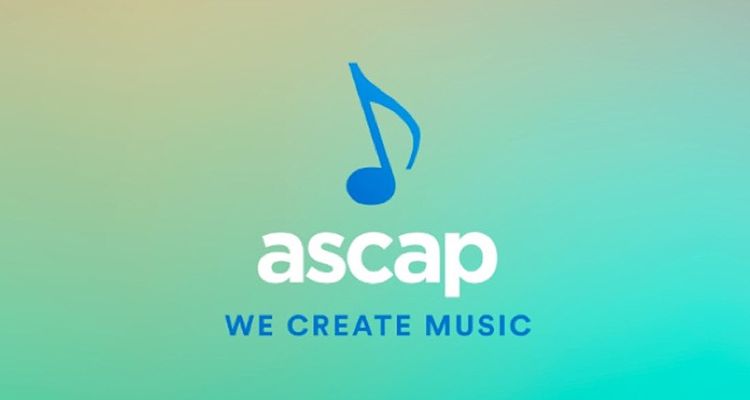
ASCAP Pushes for Voluntary Licensing and Stronger Publicity Rights in Latest AI Copyright Comments
ASCAP has submitted new comments to the Copyright Office regarding artificial intelligence, specifically addressing arguments from AI companies like Anthropic. The organization focuses on three key points while advocating for creators' rights in the AI era.

ASCAP logo with musical note
Key Points in ASCAP's Submission:
Direct Voluntary Licensing
- ASCAP emphasizes the importance of proper licensing for creators
- Challenges claims that AI training data volume prevents direct voluntary licensing
- Cites Boomy as an example of AI platform using fully licensed materials
- Argues that licensing models can adapt to new technical environments
Threat to Human Creativity
- Unlike previous technologies (sound mixing, autotune), AI can generate content autonomously
- Creates high-quality content at scale and instantaneously
- Poses real threat to creators' livelihoods
- Need to balance AI benefits against potential harm to human creators
Enhanced Federal Right of Publicity
- Advocates for stronger federal protection
- Current state laws insufficient for AI challenges
- Addresses unauthorized use of creator's image, likeness, and voice
- Supports initiatives like the No Fakes Act
The No Fakes Act, introduced in October, would establish penalties for unauthorized "digital replicas" of sound recording artists. The bill defines digital replicas as computer-generated content that's nearly indistinguishable from the original artist's image, voice, or visual likeness.
Challenges remain in addressing digital replicas that naturally resemble other commercial voices, particularly considering the availability of training data. The progress of this legislation will be crucial for protecting artists' rights in the AI era.
